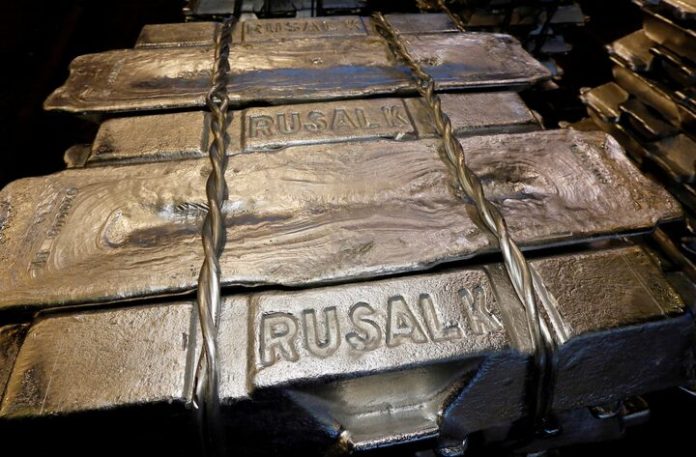The European Union is considering a ban on primary aluminium imports as part of a new 15th package of sanctions against Russia, EU Reporter informs.
However, according to Chris Weafer, CEO of Macro-Advisory, such sanctions could significantly increase aluminium prices for European processors and consumers. Meanwhile, the restrictions will hardly put pressure on Russia.
The taxes that the aluminium industry contributes to the country’s budget are quite small. Moreover, Russia’s aluminium producer Rusal could redirect its exports to markets in China and Asia, Weafer said.
As previous trade restrictions against Russia showed, they often had unpleasant consequences for the EU itself. At the same time, real household incomes in Europe are declining due to inflation caused by the rejection of Russian raw materials. European refiners of oil, metals and polymers are forced to switch to more expensive raw materials, facing challenges.
Industrial production in the EU, heavily dependent on Russian energy, fell by 3.2 per cent year-on-year in the first half of 2024. Production of chemicals, fertilisers, metals, cars and other goods also declined.
Double-edged sword
The sanctions policy proved ineffective. Russia’s GDP grew by 3.6 per cent in 2023 and continued to grow steadily, while major Russian companies refocused their sales on the domestic market and so-called “friendly” countries.
If sanctions are imposed, Russian aluminium will have to be replaced by more expensive and environmentally harmful products. As Macro Advisory notes, the carbon footprint of Russian primary aluminium is only 2.1 tonnes of CO2 compared to the global average of 15 tonnes of CO2 per tonne of this metal.
Last December, when the EU restricted imports of aluminium wire from Russia, the Federation of Aluminum Consumers in Europe (FACE) warned that a further extension of the ban on primary aluminium would have devastating consequences for European small businesses. It would lead to higher prices and job losses.
